The distinction between exploiting legal loopholes and employing sound legal strategy often depends on timing. While loopholes suggest finding gaps in the law to circumvent intended outcomes, strategic early action represents proactive legal planning that works within established frameworks to achieve favorable results.
For legal professionals, businesses, and individuals facing potential litigation, understanding this difference—and the power of early action—can mean the difference between costly, prolonged legal battles and swift, favorable resolutions. This post explores how taking prompt action at the onset of legal disputes creates genuine strategic advantages rather than relying on technicalities or oversights in the legal system.
Understanding Early Action in Litigation
Early action in litigation refers to the immediate steps taken once a legal dispute emerges or appears imminent. This includes everything from evidence preservation and witness interviews to prompt service of process and preliminary motions.
Unlike reactive approaches that wait for disputes to escalate, early action involves recognizing potential legal issues and addressing them before they become entrenched problems. This proactive stance allows legal teams to shape the narrative, control the timeline, and position their case from a place of strength rather than defensiveness.
The key lies in recognizing that litigation begins long before papers are filed in court. The decisions made in those crucial early hours and days often determine the trajectory of the entire case.
Strategic Advantages of Acting Early
Gaining Tactical Positioning
Early action provides significant tactical advantages that become unavailable once a case progresses. Legal teams who move quickly can often choose their preferred jurisdiction, timing, and even the specific legal theories under which they’ll proceed.
This positioning advantage extends beyond mere convenience. By acting first, parties can frame issues in ways that favor their position and force opponents to respond reactively rather than proactively. This psychological advantage shouldn’t be underestimated—juries and judges often view the party that initiates action as more credible and prepared.
Preserving Critical Evidence
Evidence preservation becomes exponentially more challenging as time passes. Documents get deleted, surveillance footage is overwritten, and physical evidence deteriorates or disappears entirely. Early action allows legal teams to issue preservation notices, conduct inspections, and gather evidence while it’s still fresh and accessible.
Modern businesses generate vast amounts of electronic data daily. Without prompt action to preserve relevant communications, databases, and digital records, crucial evidence may be lost forever. This is particularly important in commercial disputes where email communications, financial records, and electronic transactions often form the backbone of the case.
Securing Witness Testimony
Witness memories fade quickly, and people relocate, change jobs, or become unavailable for other reasons. Early action allows legal teams to identify and interview witnesses while their recollection is sharp and their availability is more certain.
Beyond simple availability, early witness interviews help attorneys understand the strengths and weaknesses of their case before committing to specific legal theories. This intelligence gathering phase can reveal unexpected evidence or identify potential problems that need addressing.
Reducing Overall Legal Costs
While early action requires upfront investment, it typically reduces total litigation costs significantly. By addressing issues promptly, legal teams can often resolve disputes through negotiation or alternative dispute resolution methods before expensive discovery and trial preparation become necessary.
Early action also prevents the escalation tactics that make litigation more expensive and adversarial. When parties address disputes promptly and professionally, they’re more likely to find mutually acceptable solutions that save everyone time and money.
Real-World Impact: Case Studies in Early Action
Commercial Contract Dispute
A New Jersey manufacturing company discovered that their primary supplier was planning to breach a long-term contract to accept a more lucrative deal with a competitor. Rather than waiting for the breach to occur, the company’s legal team took immediate action.
Within 48 hours, they had served notice of the impending breach, filed for preliminary injunctive relief, and preserved all relevant communications. This early action prevented the supplier from completing the competing deal and ultimately led to a favorable settlement that maintained the original contract terms.
The key factor was speed—by acting before the breach occurred, the legal team could seek preventive relief rather than merely monetary damages after the fact.
Personal Injury Case
A construction accident in Rockland County resulted in serious injuries to a subcontractor. The injured party’s attorney immediately arranged for professional service of process and began evidence preservation procedures the same day.
This early action proved crucial when the general contractor attempted to demolish the accident site just days later. Because proper notice had been served and preservation orders were already in place, the demolition was halted and critical evidence was preserved. The case settled favorably within six months, largely due to the strength of the preserved evidence.
Employment Litigation
When a technology company discovered that a departing executive was planning to join a competitor in violation of non-compete agreements, they faced a narrow window for effective action. The company’s legal team immediately initiated service of process for both temporary restraining orders and preliminary injunctions.
By acting within 24 hours of discovering the violation, they were able to prevent the executive from starting the new position and ultimately negotiated a settlement that protected the company’s trade secrets and client relationships.
How Professional Process Serving Enables Early Action
Effective early action depends heavily on prompt, professional service of process. Legal documents that sit unserved provide no legal protection and create no obligations for opposing parties. Professional process servers understand the urgency of early action and can often accomplish service within hours rather than days or weeks.
At AI Legal Services, our experienced process servers throughout New Jersey and Rockland County, New York, recognize that time is often the most critical factor in litigation success. Our prompt, professional service enables attorneys to move quickly when strategic timing matters most.
Professional process serving also ensures that service is accomplished correctly the first time. Defective service can delay cases by weeks or months, eliminating the advantages that early action provides. Our experienced servers understand the technical requirements for proper service and can navigate challenging service situations that might delay less experienced providers.
Implementing Early Action Strategies
Develop Response Protocols
Legal teams should establish clear protocols for recognizing and responding to potential litigation. This includes identifying key personnel responsible for making rapid decisions, establishing relationships with professional service providers, and creating template documents for common early action procedures.
Build Professional Networks
Early action often requires coordinating multiple professionals quickly. Attorneys should establish relationships with process servers, court reporters, forensic accountants, and other specialists before they’re needed in crisis situations.
Technology Integration
Modern case management systems can facilitate early action by automating document generation, tracking deadlines, and coordinating multiple team members. Investing in these systems pays dividends when speed becomes critical.
The Strategic Advantage of Prompt Action
The power of early action in litigation isn’t about finding loopholes or exploiting technicalities—it’s about recognizing opportunities and acting decisively when timing matters most. Legal professionals who understand this distinction and build systems to support rapid response will consistently achieve better outcomes for their clients.
For businesses and individuals facing potential legal disputes, the message is clear: early action isn’t just about being prepared—it’s about positioning yourself to win. By working with experienced legal professionals and reliable service providers, you can ensure that when timing becomes critical, you’re ready to act decisively and effectively.
The difference between strategic legal action and mere loophole exploitation lies in preparation, professionalism, and prompt execution. When you need reliable, professional process serving in New Jersey or Rockland County, New York, AI Legal Services stands ready to support your early action strategies with the speed and professionalism that successful litigation demands.



